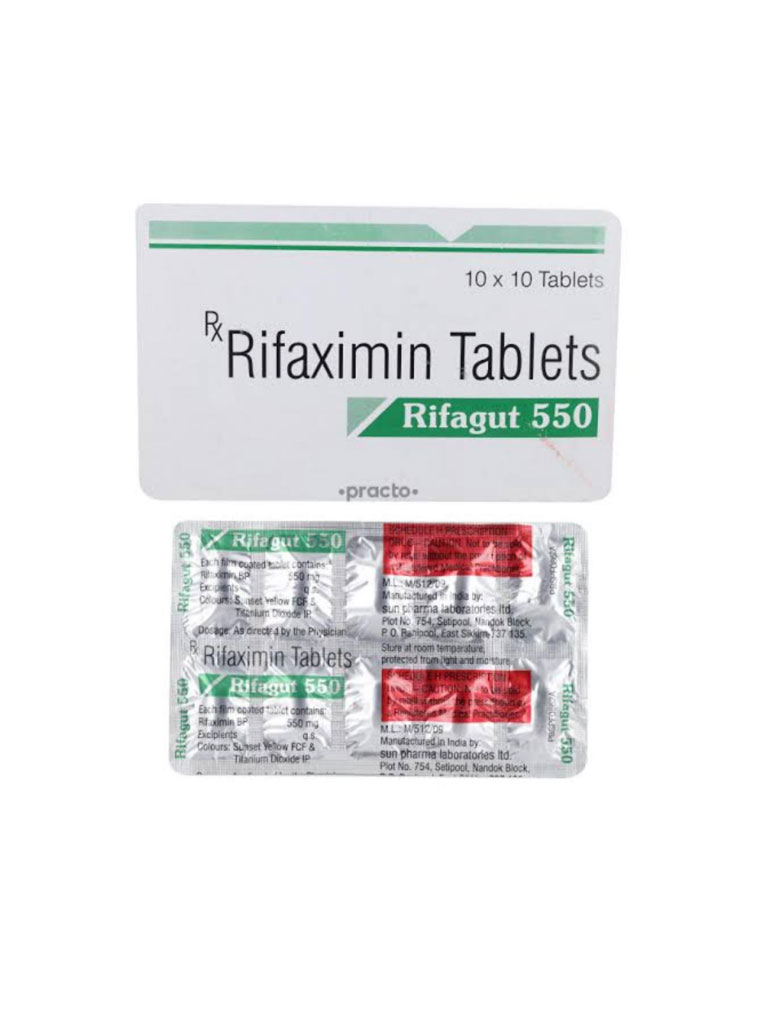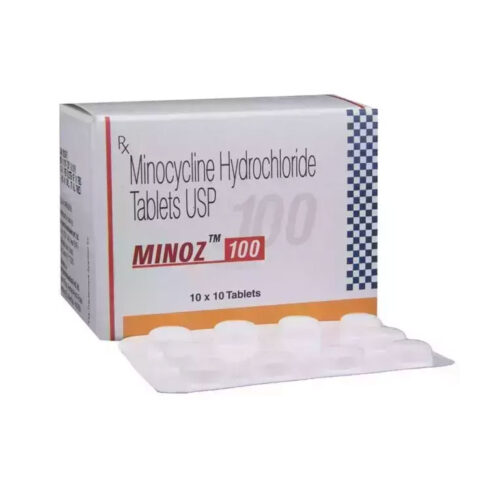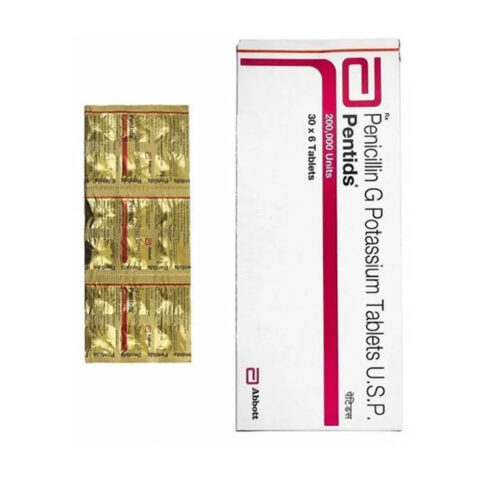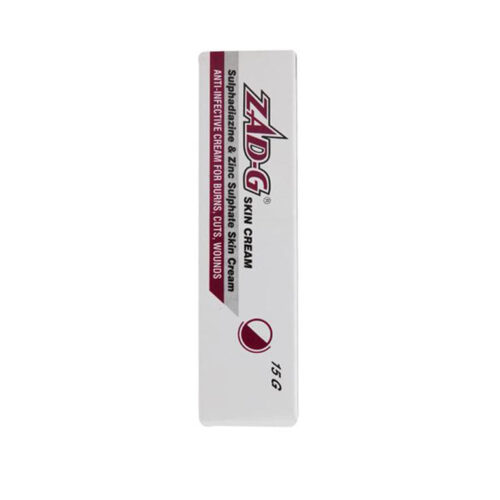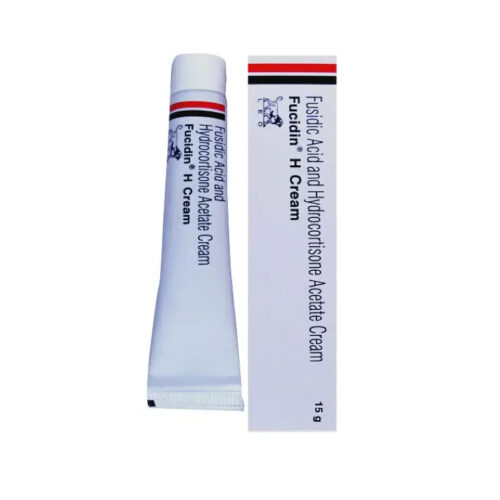Description
What is Rifagut® Rifaximin Antibiotic Tablet?
Rifaximin is used to treat travelers’ diarrhea caused by Escherichia coli (E. coli) in adults and children who are at least 12 years old. Most people get this infection by eating food or drinking fluids that have been contaminated with E. coli bacteria. Rifaximin is also used to treat irritable bowel syndrome (IBS) in adults whose main symptom is diarrhea. Rifaximin is also used to lower the risk of a decline in brain function in adults with liver failure. Brain function can be affected when the liver stops working and cannot remove toxic substances from the body. Rifaximin may also be used for purposes not listed in this medication guide.
Rifaximin is a non-absorbable, broad-spectrum antibiotic mainly used to treat travelers’ diarrhea. It is based on the rifamycin antibiotics family. Since its approval in Italy in 1987, it has been licensed in more than 30 countries for the treatment of a variety of gastrointestinal diseases like irritable bowel syndrome, and hepatic encephalopathy. It acts by inhibiting RNA synthesis in susceptible bacteria by binding to the RNA polymerase enzyme. This binding blocks translocation, which stops transcription. It is marketed under the brand name Xifaxan by Salix Pharmaceuticals in the US.
Rifaximin 200mg / 400mg / 550mg Tablet is an antibiotic that treats hepatic encephalopathy, a condition in which the liver fails to remove harmful toxins from the blood, leading to brain damage. Symptoms include agitation, confusion, muscle problems, difficulty in speaking, and sometimes, coma.
Rifaximin 200mg / 400mg / 550mg is also used to treat infectious diarrhea and irritable bowel syndrome with diarrhea (IBS-D) in adults and children. This medicine can be used alone or in combination with other medicines. It may be taken with or without food, preferably at the same time, each day. It should be used in the dose and duration as advised by the doctor. Take it at the same time each day to get the most benefit and you should keep on taking this medicine for as long as you are prescribed. Stopping it early may make the infection come back and harder to treat.
Some people may develop side effects like vomiting, headache, dizziness, and nausea. These side effects are usually temporary and go away during treatment as your body adjusts to the medicine. Consult your doctor if these side effects bother you or will not go away. Your urine may become reddish in color due to this medicine. But, it is normal and harmless.
Before starting treatment with this medicine, you should tell your doctor if you are pregnant, breastfeeding, or suffering from any liver, kidney, or heart problems or if you are allergic to any medicine.
In Treatment of Hepatic encephalopathy. Hepatic encephalopathy is a severe liver disease that can cause changes in brain function leading to confusion, tremors (shaking), sleep problems, and loss of consciousness. Rifagut Tablet lowers the levels of ammonia-producing bacteria in the blood which has harmful effects on the brain. If taken as prescribed, this medicine can improve your brain function and reduce symptoms associated with hepatic encephalopathy.
Side effects of Rifaximin Antibiotic Tablets
Most side effects do not require any medical attention and disappear as your body adjusts to the medicine. Consult your doctor if they persist or if you’re worried about them. Common side effects of Rifagut: Dizziness, Nausea, Peripheral edema, Ascites (accumulation of fluid in the abdominal cavity), Fatigue.

